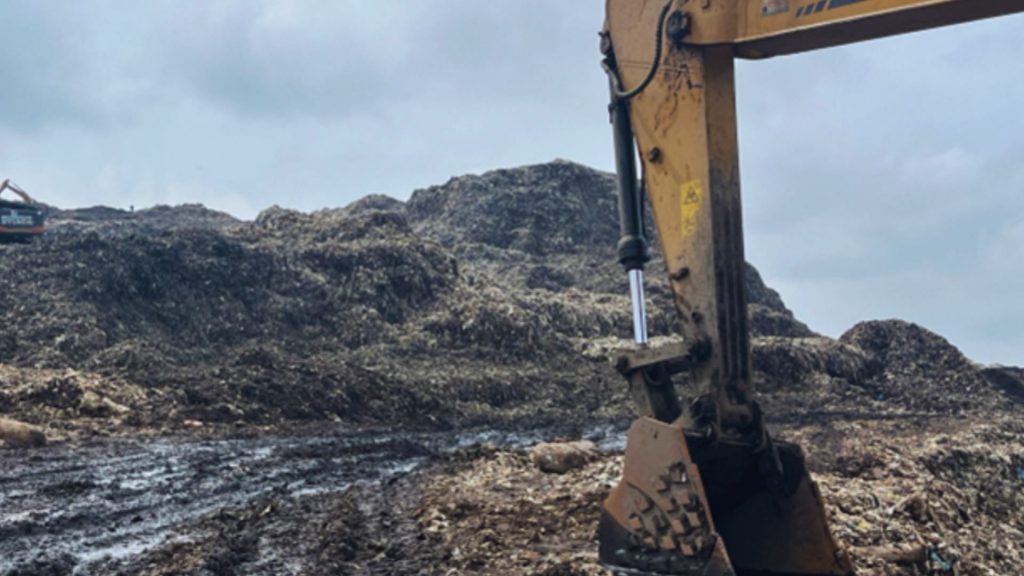This state of neglect mirrors what is happening in Bhalswa, where the informal labour of waste-pickers keeps the city’s waste problem at bay, but at a tremendous human cost. Migrants from rural West Bengal, the waste-pickers live in makeshift homes made from scrap materials, and their children are often forced to work alongside them due to a lack of alternatives.
These workers are invisible to the state, despite the essential role they play in managing the city’s waste. There are no formal contracts, no rights, no protections, and no fixed incomes. As scholar Barbara Harris-White aptly describes, such informal spaces are “persistently embedded in social institutions such as caste, ethnicity, religion, space, and locality.”
The state’s selective application of regulation is most evident in its handling of Eco Green, the company responsible for waste management and segregation at Bandhwari. Despite Eco Green’s repeated failures, it continued to operate for years without…
